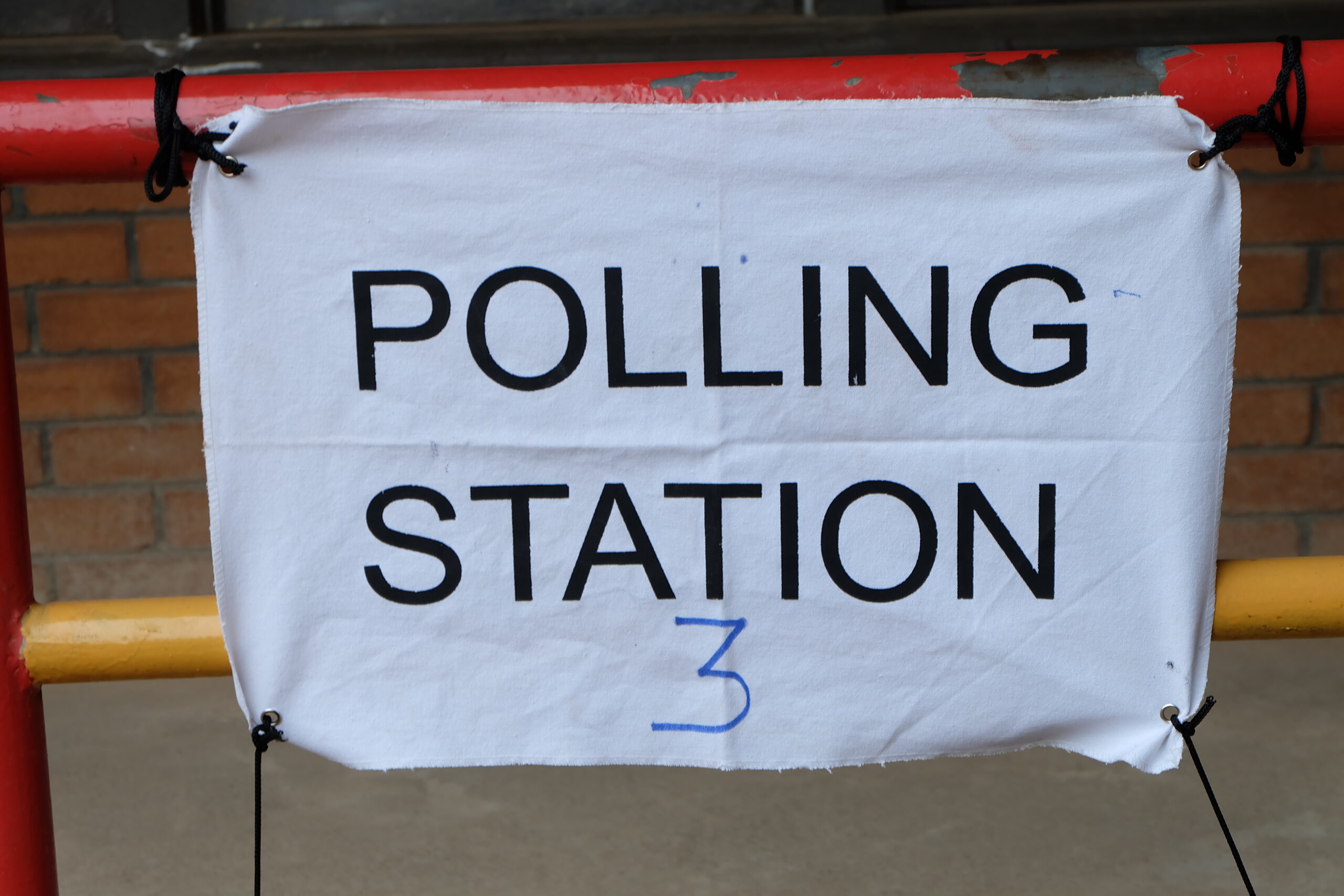” Who can we trust?”
July 28th, 2018 On the eve of Zimbabwe’s 2018 elections, Zimbabweans still have many unanswered questions writes Kiyara Matambanadzo, 16, a Commonwealth Correspondent from Harare in Zimbabwe, who believes after so many negative experiences at the polls, voter education, and transparency are vital in helping Zimbabweans to trust the electoral process-this time.
On the eve of Zimbabwe’s 2018 elections, Zimbabweans still have many unanswered questions writes Kiyara Matambanadzo, 16, a Commonwealth Correspondent from Harare in Zimbabwe, who believes after so many negative experiences at the polls, voter education, and transparency are vital in helping Zimbabweans to trust the electoral process-this time.
Zimbabwe is a country that has known political instability, well. With events such as the liberation struggle, the uncertainty of the 1980 government, Gukurahundi massacres, the violence of the 2008 election, the tyranny of the last 37 years and the November 2017 not a coup – coup in our history, it isn’ t easy for Zimbabweans to trust the process.
Instead of trusting the process, we are left with many unanswered questions. Who can we trust? Which choices will benefit us? Who will bring the change that we need?
In order for peace and stability to guide the future of all Zimbabweans, we must begin to trust the government. However, it is hard to trust a government that you know nothing about. Over the last 37 years, the Zimbabwean government has become an institution shrouded in mystery.
With elections looming and the promises of a new dispensation, this suspicion of government can no longer stand. It is time that Zimbabweans call for transparency at three levels – from our government, our constitutional bodies and our electoral processes.
We must begin with transparency within our electoral processes, as this is the basis from which our democracy is formed. The Zimbabwe Electoral Commission is the body responsible for educating voters on electoral processes, voters’ rights and why we vote in the first place.
It is the job of the Zimbabwe Electoral Commission to inform voters what these elections are for. It is for this reason that it is unacceptable that people in Zimbabwe appear to be unable to define a ‘harmonized election’ (a term that refers to the consolidation of all national and local government elections into one single event). Especially when this is something that our government proudly advertises as being beneficial to Zimbabweans.
However, this is not the only area in which our constitutional bodies have fallen short. Voters must be educated on what their rights are. It is important for citizens to know that as voters they are free to make decisions that are in line with what they believe is best for their country. Whatever their reasons are, every person should have the right to vote based on those reasons.
It is not as though the Zimbabwe Electoral Commission has done nothing to try to teach the public what they should know. But in my view, the problem is that nobody has expressly said or emphasized to the Zimbabwean public that they have a right to make the democracy they want.
Your vote is your right. Your vote is your strength as a Zimbabwean. These are words that should have been emphasized so often that it should have been irreversibly true to every citizen of Zimbabwe. Although these seem like obvious facts, they are facts that many Zimbabweans are not in possession of. This lack of information and assurance causes voters to become unsettled.
Zimbabweans are anxious and unable to trust in their leaders because they do not know if they are even allowed to trust them. Faced with a mysterious government, that governs in mysterious ways and is headed by mysterious leaders, the Zimbabwean people can hardly be expected to be at rest during election season.
On the other hand, it is still our responsibility, as citizens, to be willing to listen. In order to be educated, we must be open to the information being given to us. As unconvincing as it may sound, we must trust that we will be given a reason to trust.
The lack of knowledge inevitably leads to a toxic indifference towards electoral processes and indifference leads to voter apathy (a perceived lack of caring among voters in an election). Voter apathy often leads to low turnout in an election, which in turn leads to a people disillusioned with their government.
In essence, it is safe to say that voter education is the basis on which the Zimbabwean democracy will be built. Transparency will decide whether peace or unrest is Zimbabwe’s future.
Photo credit: The Commonwealth’s Asset Bank
………………………………………………………………………………………………………………
About me: I am a teenaged Zimbabwean citizen in an environment where people only put stock in doctors and lawyers as successful and influential members of society. I aspire to be an impacting member of Africa and the world by addressing the harsh truths of society today. My ambition as of now is to be able to break the stigma of being an African girl child and allow others to do the same.
…………………………………………………………………………………………………………………
Opinions expressed in this article are those of the author and do not necessarily represent the views of the Commonwealth Youth Programme. Articles are published in a spirit of dialogue, respect and understanding. If you disagree, why not submit a response?
To learn more about becoming a Commonwealth Correspondent please visit: http://www.yourcommonwealth.org/submit-articles/
…………………………………………………………………………………………………………………






